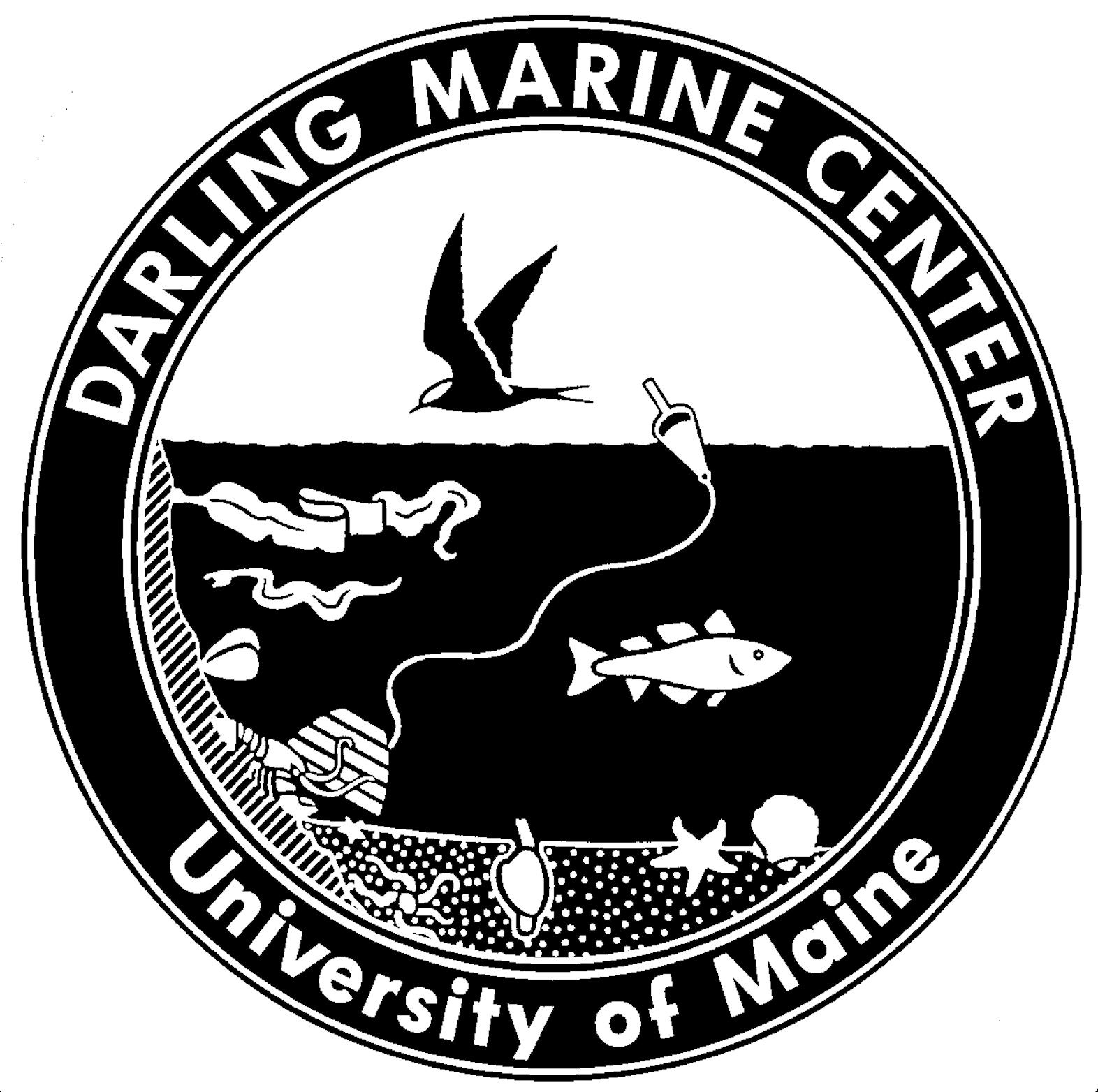
Semester by the Sea: Spring 2026
Course Descriptions
SMS 350: Undergraduate Professional Development Seminar
SMS 487: Marine Environmental Change
SMS 350: Undergraduate Professional Development Seminar *REQUIRED
This seminar provides an opportunity to reflect on your professional goals and passions, and to hone skills related to job seeking, graduate school searches and applications, and professional networking and community engagement. You will have opportunities to practice writing and peer reviewing diverse forms of professional writing, including resumes, brief biographies, letters to professional colleagues and prospective employers, and essays. The course will be offered as a hybrid (with both online and in person instruction) and thus will not meet weekly at a regular time, unlike all other SBS courses. It will include off campus field trips on occasion, both during the week and on the weekend. These field trips will be scheduled to avoid conflicts with the other SBS courses. This course is required for all students enrolled in Semester by the Sea.
- Instructor: Dr. Wge Ellis
- Credits: 1
- Schedule: TBD to avoid conflicts with other SBS courses
SMS 400: Capstone Research
Students are encouraged to participate in independent research as part of the SBS experience. Many students begin their capstone or thesis research in the summer at the DMC through one of the paid internships, and then continue it as part of SBS. Possible capstone advisors include all DMC-based SMS faculty, as well as the professional researchers and other affiliates listed in the DMC Directory. In some cases, students who are advised by community or government partners, or by Orono-based faculty, elect to conduct their research during SBS – we do our best to support whatever approach students take. For more details, to ask questions, and/or to confirm that your plans can be supported while you are in residence at the DMC for SBS, please contact the Programs and Communications Manager at hattie.stiles@maine.edu.
Instructor: Faculty and affiliated researchers based at the DMC
Credits: 1-4
Schedule: To be arranged with the research mentor
*To be enrolled in SMS 400 with Dr. Heather Leslie, you must also be enrolled in SMS 491: Marine Conservation Science and Practice.
SMS 487: Marine Environmental Change
We are entering an era of accelerated, physical and chemical change in the ocean environment. In this course, students will examine and understand the evidence for these shifts, and explore the observed and predicted consequences for marine systems. Possible topics will include melting ice and increasing temperatures; the spread of low-oxygen conditions and ocean acidification; and the accumulation and cycling of pollutants. Lectures and small-group discussions will center around readings taken from the primary literature, while field trips and laboratory work will introduce students to key observational techniques that are used to document physical and chemical change in the marine environment.
Instructor: Dr. Meg Estapa
Credits: 4
SMS 491: Sensing the Sea
A practical course about design and construction of oceanographic sensors. Students will build electronic sensors to measure ocean properties (focusing on temperature and pressure) and will learn about data collection, quality control, and analysis. The goals are to develop new skills in electronics and sensor design and expertise in how to measure and interpret oceanographic data. These skills and expertise will be valuable for those with a broad range of interests that includes aquaculture, physical, chemical and biological processes, and climate monitoring.
Instructor: Dr. Greg Gerbi
Credits: 3
SMS 491: Biodiversity & Conservation
This course focuses on the natural and human history of the Gulf of Maine region. Students will gain knowledge of the social and ecological dimensions of the coastal and marine ecosystems of the region through fieldwork; readings, discussions, and synthesis of diverse sources of knowledge; and engagement with community members and other local experts. By the end of the semester, students will have learned to identify the organisms that characterize the region’s coastal and marine ecosystems; investigate the connections among these ecosystems and the people who are part of them using diverse methods; conducted solutions-oriented research; and networked with multiple environmental and marine conservation science professionals. Through these activities, which will require both collaborative and individual work, students will learn about some of the core themes of marine conservation science and practice, and contribute to ongoing transdisciplinary engaged research projects.
Instructor: Dr. Heather Leslie
Credits: 3
SMS 324: Scientific Diving
Students will be instructed in advanced diving skills, dive rescue, oxygen administration, and research diving techniques. Practical field diving activities will be a large focus of the course. The course will be taught by the UMaine Diving Safety Officer (DSO), selected UMaine faculty, and guest lecturers experienced in using scuba diving as a research tool. Following successful completion of course objectives, students will be eligible to participate in diving research projects as a scientific diver-in-training or scientific diver. Students will also be eligible to apply for applicable recreational diving certifications. Participation is not a guarantee of certification.
If you have a recreational certificate and hope to pursue scientific diving in your academic career, this is the class for you!
Please visit the UMaine Scientific Diving website for detailed information about the program.
Instructor: Colby Johns
Credits: 3 (limited enrollment)
SMS 491: Field-Based Fisheries Research
Learn hands-on research techniques for answering pertinent questions about fish biology and ecology including sampling techniques, fish handling, field safety, and their applications to fisheries management.
Instructors: Joseph Dello Russo
Credits: 3
